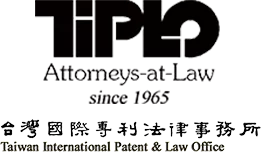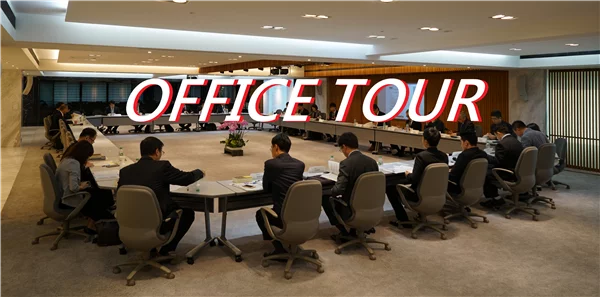Profit Earned Externally by Corporate Responsible Person by Acting in Company’s Name Shall Be to Company’s Account.
E091013Y8 Nov. 2009(E120)
Amendment has been proposed to revise Article 23 of the Company Act to authorize the company to claim recovery of the profit earned externally by its responsible person by acting in the company’s name. The amendment proposed also incorporates the revision of Article 27 of the same Act to prohibit the same individual to concurrently act as the director and supervisor of a public company with a view to solidified corporate governance and market order.
Endorsed by 34 legislators, the proposed amendment passed the first legislative reading and is now pending deliberation by the Legislative Economic Commission. By reference to the regime of the mandate relationship between the company and its directors adopted by the Anglo-American legal system and Japanese business law, Article 23 of the current Company Act merely holds the responsible person in the said scenario liable for damages incurred from his/her acting in breach of faithfulness to the company.
According to the legislator initiating the proposed amendment, if the responsible person of the company is allowed to earn profit for himself/herself externally by acting in the name of the company and freely transfer his/her property thereafter, the shareholders will be left with no legal means to act on behalf of the company to claim the external profit he/she received. If the proposed amendment is passed for legislation, the provision of Article 209 of the Company Act allowing the shareholder to claim recovery of company income will operate when the responsible person has unduly earned profit externally to his/her own personal account by acting in the name of the company except in cases where one year has lapsed after the income in question was incurred in consideration of the hardship to satisfy burden of proof.
Some companies have the same individual holding concurrently the offices of the director and supervisor. This practice in fact compromises the balancing functions and powers of the supervisor. Therefore, revision of Article 27 of the Company Act has been proposed that the appointment of the proxy by a government shareholder or corporate shareholder of a public company to take the office of the director or the supervisor in the company on their behalf must be approved by the competent authority and the proxy appointed must not be elected to take or hold the offices of the director and the supervisor of the company concurrently.
|
Company Act | ||
|
Gist of amendment proposed |
Impact | |
| Article 23 | The company will be entitled to recover the profit its responsible person earned externally by acting in the name of the company. | • The responsible person of a company who earns profit externally in the name of the company will be liable for loss incurred by the company and must return the profit received. This is to prevent the responsible person of the company from acting in the name of the company in his/her own interests. • Notwithstanding, to prevent undue hardship of burden of proof and limitless claim by the company, the above will be inapplicable where one year has lapsed. |
| Article 27 | The same proxy acting on behalf of a government or corporate shareholder of the company must not concurrently hold the office of the director and that of the supervisor of the company. | • No individual acting in proxy for a government or corporate shareholder of a company will be allowed to take the office of the director and the office of the supervisor of the company at the same time. This is to put into effect the balancing powers and functions of the supervisor. • The above will apply to all publicly listed companies and OTC companies. |
/EMA














